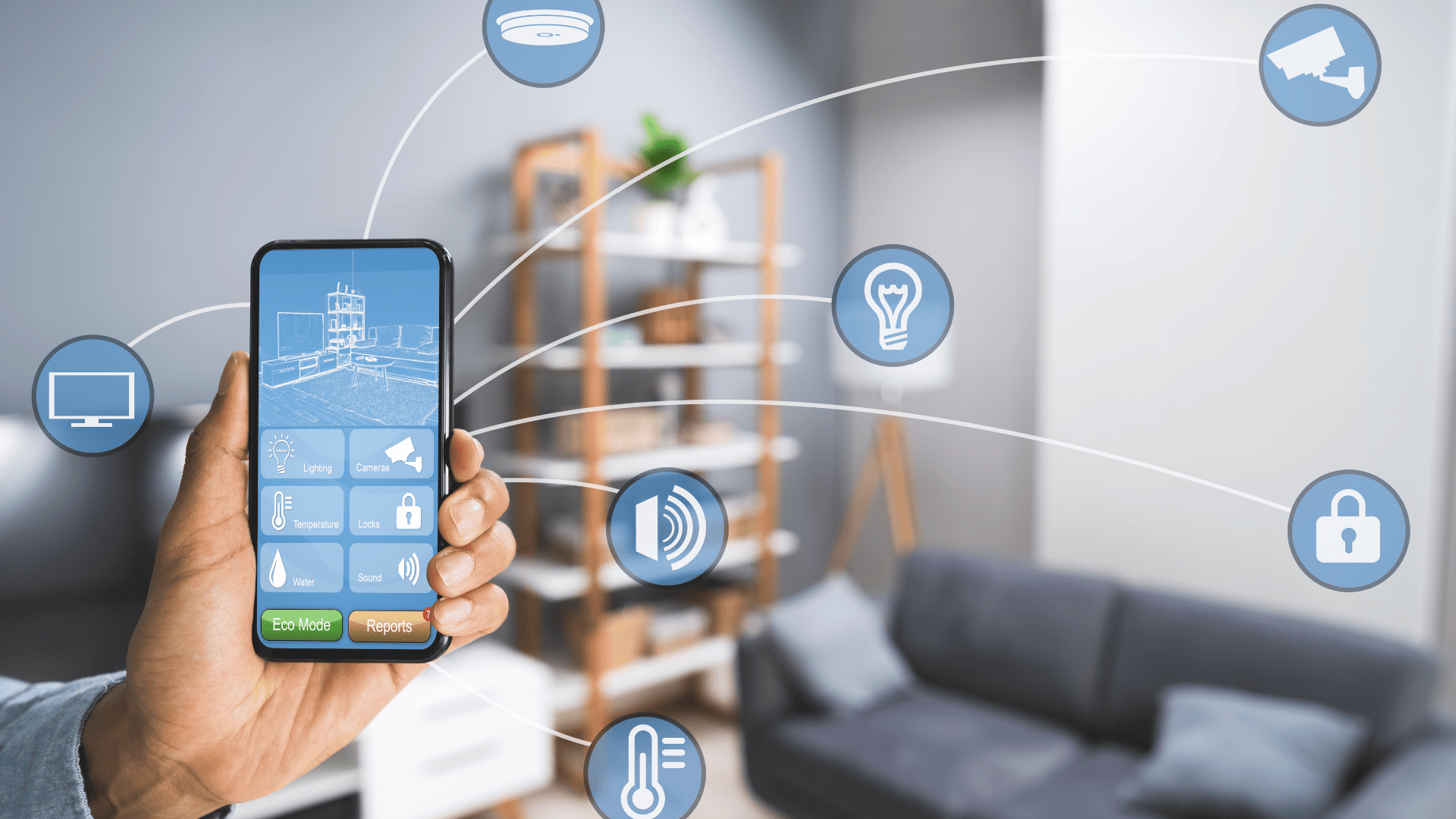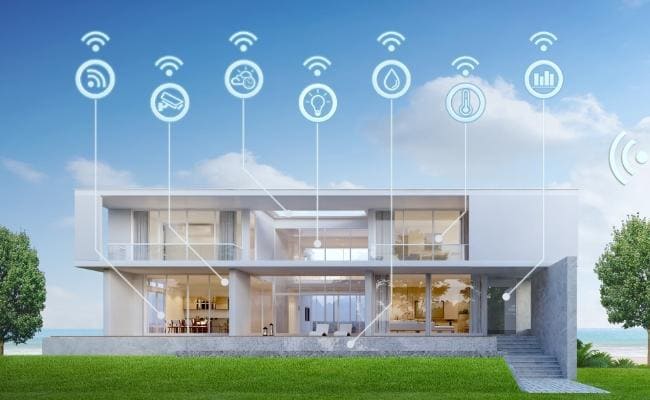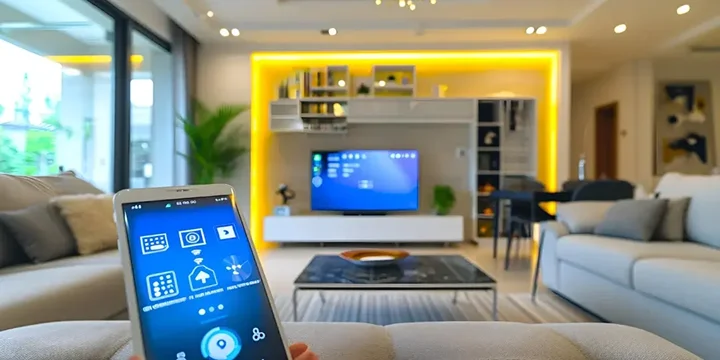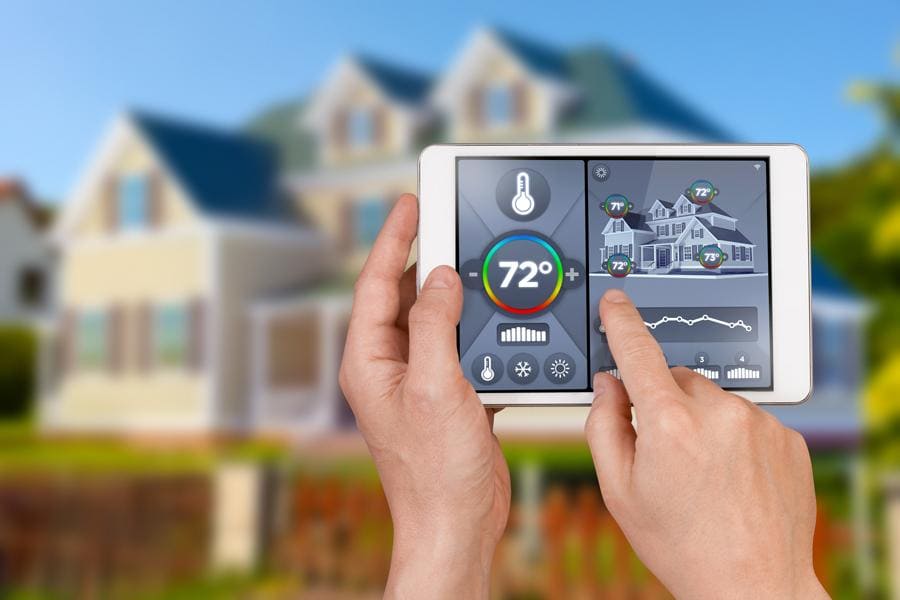The modern living space is undergoing a profound transformation, evolving into environments that anticipate our needs and respond dynamically to our presence. This shift is largely driven by advancements in smart home technology, which seamlessly integrates various systems to create a cohesive and intuitive ecosystem. The ultimate goal is to enhance daily life, making routines smoother and more enjoyable for everyone residing within these innovative spaces.
At its core, smart home technology is about connectivity and automation. Devices, once standalone, now communicate with each other, sharing data and executing commands based on predefined rules or real-time conditions. This interconnectedness allows for a level of control and personalization previously unimaginable, moving beyond simple remote operations to truly intelligent management of the home environment.
The appeal of smart homes extends beyond mere convenience. It encompasses significant improvements in operational efficiency and resource management. By optimizing energy consumption, for instance, smart systems contribute to a more sustainable lifestyle while also offering tangible benefits in terms of reduced utility expenses. This dual advantage makes the technology highly attractive for forward-thinking homeowners.
Consider the subtle ways smart technology can elevate daily comfort. Imagine a home that adjusts lighting based on natural light levels, or maintains an ideal indoor climate without constant manual adjustments. These seemingly small details accumulate to create an environment where occupants feel more relaxed and productive, truly transforming the residential experience into something more responsive.
The rapid evolution of this field presents exciting opportunities for individuals and communities alike. Vetrasocz recognizes the immense potential for these innovations to redefine modern living, focusing on solutions that are both sophisticated and user-friendly. Our commitment is to explore how these technologies can genuinely enrich lives, making homes smarter and more responsive to individual needs.
Key Applications and Considerations
- Environmental Control: Systems automatically manage temperature, humidity, and air quality. Benefits include optimal comfort and reduced energy usage, though initial setup complexity can be a consideration for some users.
- Enhanced Security: Integrated cameras, sensors, and smart locks provide real-time monitoring and access control. Advantages are heightened safety and peace of mind, but reliance on stable network connectivity is crucial for consistent performance.
- Lighting Automation: Smart lighting adapts to time of day, occupancy, or mood settings. This offers significant convenience and energy savings, yet compatibility issues with existing fixtures might arise during installation.
Expert Perspectives on Smart Home Evolution
Experts widely agree that the integration of artificial intelligence and machine learning is the next frontier for smart homes. These advanced algorithms enable systems to learn user preferences and predict needs, moving from reactive automation to proactive environmental management. This shift promises an even more personalized and seamless experience, adapting intelligently to occupants' lifestyles.
However, the path forward isn't without its discussions. A key debate revolves around data privacy and security. While smart devices collect valuable information to improve services, concerns persist about how this data is stored, processed, and protected from unauthorized access. Striking the right balance between utility and privacy is paramount for consumer trust.
Another perspective highlights the importance of interoperability. Many current smart devices operate within closed ecosystems, limiting their ability to communicate with products from different manufacturers. Industry leaders advocate for open standards to foster greater compatibility, allowing consumers more flexibility and choice in their home automation setups.
Some analysts also point to the potential for smart home technology to bridge generational gaps. While younger demographics readily adopt new tech, older generations might find the learning curve steeper. Developing intuitive interfaces and providing robust support are essential to ensure universal accessibility and broad adoption across all age groups.
The long-term impact on energy consumption is a significant point of discussion. While smart homes promise efficiency, the sheer number of connected devices could, in theory, lead to increased overall energy demand if not managed judiciously. Continuous innovation in low-power components and intelligent energy routing is vital for sustainable growth in this sector.
Shaping the Future of Residential Living
The journey towards fully integrated smart homes is dynamic and filled with promise. The core benefits of elevated comfort and improved efficiency are undeniable, reshaping our expectations of modern living spaces. As technology advances, we anticipate even more sophisticated and intuitive solutions that blend seamlessly into our daily routines.
For Vetrasocz, the focus remains on leveraging these innovations to create environments that are not only intelligent but also deeply aligned with human needs and well-being. By addressing both the opportunities and the challenges, we aim to contribute to a future where homes truly serve as adaptive, supportive sanctuaries for everyone.









This article truly highlights the transformative power of smart home technology. I especially appreciate the focus on efficiency and comfort, rather than just gadgets.